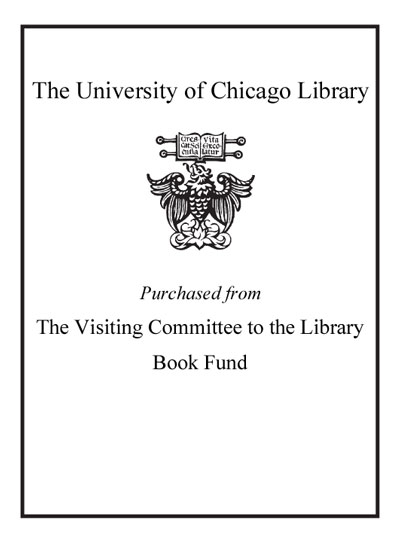Review by Choice Review
Visitors who arrive in La Paz, Bolivia, by air first must wind their way through the international airport city of El Alto. Few visitors stop to study it, so this book is an especially important contribution. El Alto, with 700,000 residents, is an indigenous city. Anthropologist Lazar (Cambridge) skillfully shows how the altenos, many of whom were once peasants, miners, fisherfolk, traders, or manual workers in the countryside, and who speak Aymara, represent an intermediate citizenry between southern La Paz and the surrounding altiplano. They helped transform the government in 2003 by blockading the city of La Paz in demonstration against the neoliberal economic policy. Ultimately, a candidate of their liking, Evo Morales, came to power. To Lazar, alteno citizenship is performed. Citizenship is participation in dance festivals of the vecinos (inhabitants of the residential part of the city), public libations to the deities, protest marches of unions, noisy gatherings of political parties and politicians, and colorful tents of evangelical faith-healing events. To be sure, some division is seen among Catholic/syncretic religion and evangelical religions, but both are fluid expressions of religiosity tied to the liminality and latent agency of El Alto citizenship. Summing Up: Recommended. Graduate students, faculty. W. L. Balee Tulane University
Copyright American Library Association, used with permission.
Review by Choice Review

